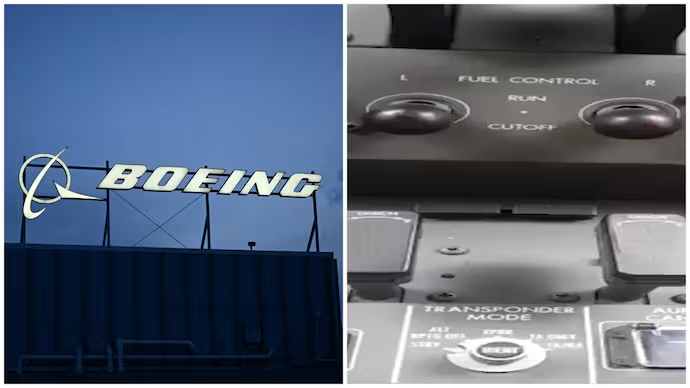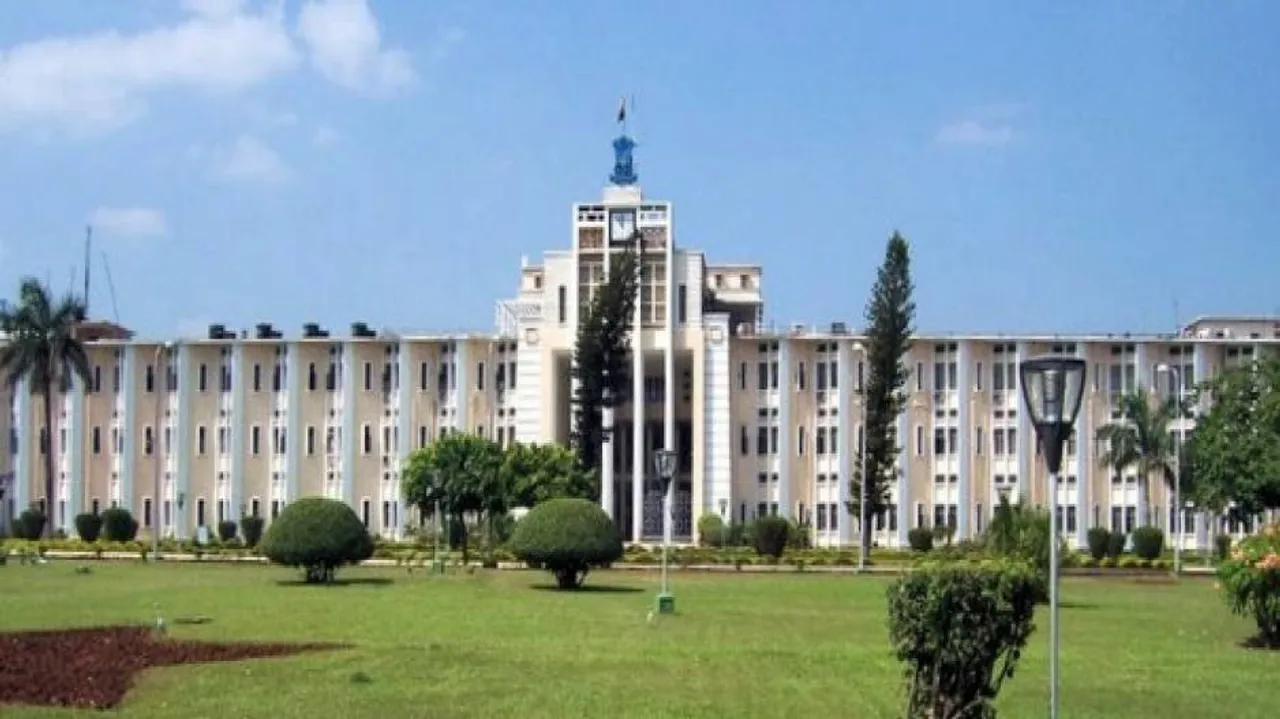London/New Delhi, July 16 — The UK Civil Aviation Authority (CAA) on Tuesday clarified that a resurfaced safety notice related to Boeing fuel control switches now under scrutiny after the Air India Boeing 787 crash in Ahmedabad was originally issued in 2015. There are currently no technical concerns regarding Boeing aircraft.
The clarification came following speculation triggered by the preliminary findings of the Air India crash, which revealed that fuel supply to both engines had unexpectedly cut off, leading to the tragic accident that killed 260 passengers and crew.
In its official statement, the UK CAA said,
“We do not have any technical concern with regards to Boeing products. An old notification reflected on the website due [to an] email update. The safety notice was issued in 2015.”
The regulator explained that the document was merely updated on May 15, 2025, to reflect a change in the contact email address — which inadvertently led the website to display the advisory as a newly published notice.
Background: Fuel System Issues in Focus
The Air India crash investigation, led by the Aircraft Accident Investigation Bureau (AAIB), noted that fuel control switches, which regulate fuel flow to the engines, unexpectedly moved to “CUTOFF” shortly after takeoff. This led to a complete engine shutdown midair.
While the fuel shutoff valve — a critical component for safe aircraft operation — was flagged as a safety concern in a 2015 FAA Airworthiness Directive (AD), it had not been cited as an active technical risk until now.
The UK CAA said its advisory merely instructed operators of five Boeing models, including the 787 Dreamliner, to review the FAA directive.
Maintenance and Oversight Under Scrutiny
The affected aircraft had its Throttle Control Module (TCM) replaced in 2019 and 2023, according to Air India, in accordance with Boeing’s standard maintenance schedule. However, the AAIB found that recommended inspections of the TCM’s locking mechanism — as outlined in a 2018 FAA advisory — had not been carried out by the airline.
Air India defended its decision, stating that the FAA’s 2018 advisory was not mandatory, and therefore, no inspection was required under existing aviation regulations.
Air India CEO Urges Caution on Blame
Amid growing speculation, Air India CEO Campbell Wilson addressed staff in an internal communication, stressing that the AAIB’s preliminary report did not assign blame nor recommend immediate actions.
“The initial findings of the probe identified no cause nor made any recommendations,” he said, urging against premature conclusions.
No Additional Action for UK Operators, Says CAA
The UK regulator reiterated that it sees no need for further action for UK-based airlines, saying:
“We do not require any additional actions from UK operators.”
As investigations continue, both regulators and airlines worldwide are expected to revisit non-mandatory safety recommendations, especially those concerning critical engine components like the fuel control switches and shutoff valves.










